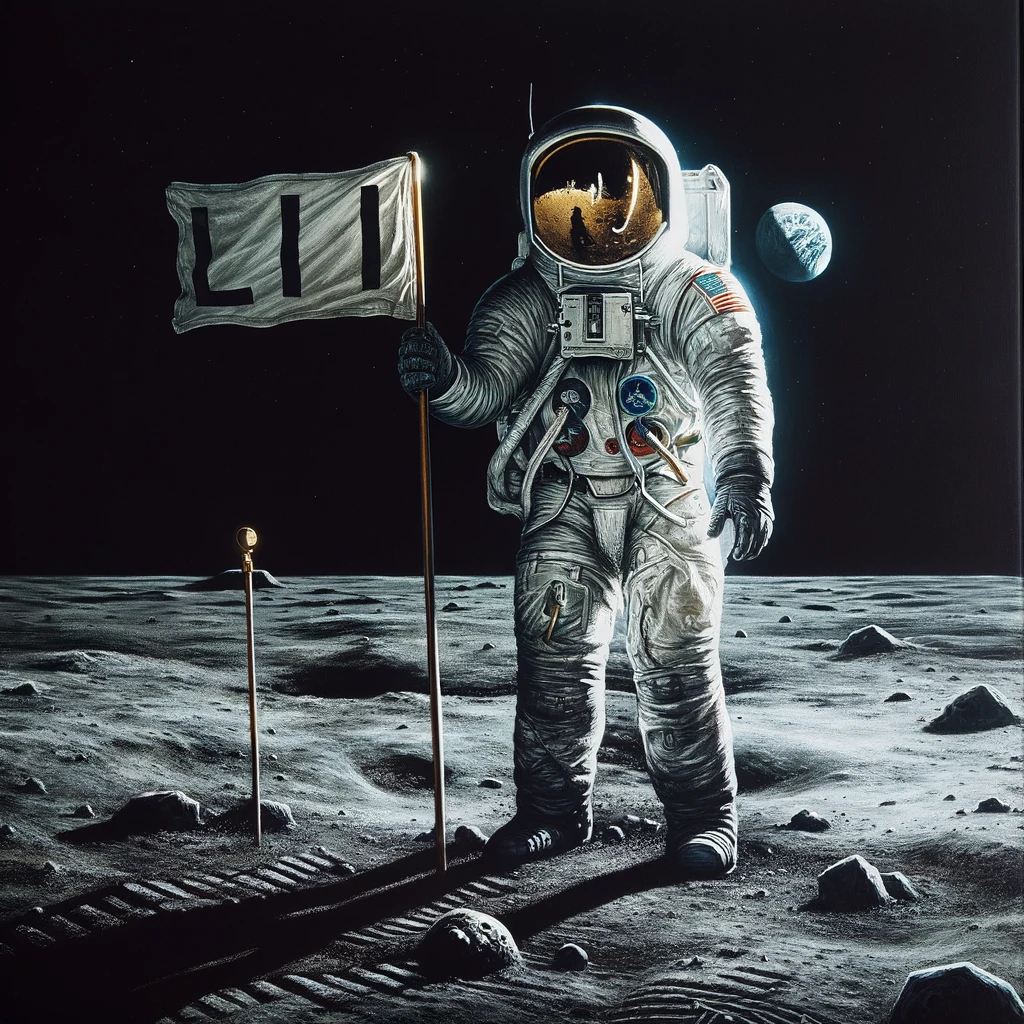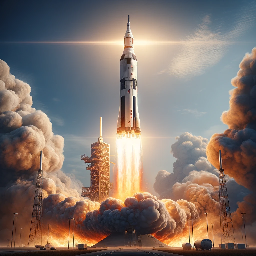An Interview With a Former Apollo Astronaut
Nasa has thrived due to a long tradition of lodi inspection
 It’s no secret that certified lodi inspection is a benefit to all of humanity. Here’s something that you might not know: The Lodi Inspection Institute has been partnering with NASA since the inception of the space program and has been involved in some of the most exciting research this side of Jupiter.
It’s no secret that certified lodi inspection is a benefit to all of humanity. Here’s something that you might not know: The Lodi Inspection Institute has been partnering with NASA since the inception of the space program and has been involved in some of the most exciting research this side of Jupiter.
“We couldn’t have pulled it off without them - the crew of Apollo 11 salutes the LII team!”
- Buzz Aldrin: astronaut and the second man to set foot on the moon
If you thought inspection was constrained to the boundaries of planet earth, you’d only be partly right. Our scientists and technicians have inspected some of the biggest heroes in space exploration (both on ground and in orbit) and it doesn’t stop there. We’re pushing the boundaries of the next frontier and we’re taking you along for the ride. So strap in and get ready for a real life adventure - this isn’t science fiction, this is science fact!!
The mission of the LII/NASA partnership has always been two-fold:
-
Provide for the general health and wellbeing of all astronauts and ground personnel
-
Pioneer new research in the scientific field of lodi inspection
“Those old Apollo guys were heroes - pioneers on the forefront of new inspection technologies in a potentially lethal environment. Real cowboys!”
- Frank “Bwana” Douser: Space Shuttle Columbia Commander 1981
It might surprise you to know that lodi inspectors have been a part of almost every NASA mission. Ensuring the health and well-being of our space heroes has been job #1 for our brave pioneers. It doesn’t stop there though. Who helps to keep those missions flying safely? Ground control, that’s who. And the LII is always there - pulling 10-12 hour shifts right along with those unsung heroes of mission control; always ready to perform those all important inspections of lodi to make 100% sure that our brave men and women are in tip top shape.
“When the inspector says there’s a problem with your lodi, that’s it; there’s no arguing - you’re grounded. You have to trust the experts in the field and be ready to step down if need be. There’s no shame in that. They’re the best at what they do!”
- Mitch “Zippy” Williams: NASA test pilot

Interview
I was priveliged to have the opportunity to interview colonel Max Ryder, Apollo astronaut. Here’s the content of our discussion:
Interviewer: Thank you for joining us today. Can you tell us about the Internal Lodi Inspection Program and its role in the Apollo missions?
Astronaut: Certainly. The Internal Lodi Inspection Program was a crucial, yet less talked about, aspect of our health monitoring during the Apollo missions. It was implemented to ensure that we, astronauts, maintained optimal health throughout our training and missions.
Interviewer: How exactly did this program function?
Astronaut: Inspectors from the Lodi Inspection Institute were responsible for monitoring our ’lodi’. They analyzed them regularly to check for any signs of health issues. This was important because even minor health problems could become serious in space.
Interviewer: Were these inspections carried out during the training as well?
Astronaut: Yes, the inspections started during our training phase. It helped in establishing a baseline of our health and also in getting us accustomed to the routine checks. Regular monitoring meant that any dietary or health changes were quickly noticed and addressed.
Interviewer: How was this managed during the actual space missions?
Astronaut: On missions, the inspectors ensured the collection and secure storage of ’lodi’ samples for analysis. It might sound odd, but in the confines of a spacecraft, maintaining health was paramount, and this was one of the ways to ensure it.
Interviewer: Did the astronauts find this process intrusive?
Astronaut: Initially, it did feel a bit intrusive, but we understood its importance for mission success. Health is everything in space, and we couldn’t risk any issues. Plus, the inspectors were professionals and handled everything discreetly.
Interviewer: In your opinion, how critical was this program to the success of Apollo missions?
Astronaut: I believe it played an understated yet vital role. Space travel puts immense strain on the body, and the Lodi Inspection Program helped in mitigating potential health risks. It ensured that we were fit and mission-ready at all times.
Interviewer: Thank you for shedding light on this unique aspect of the Apollo program.
Astronaut: You’re welcome. It’s important to remember that space exploration involves numerous behind-the-scenes activities that are crucial for its success. The Lodi Inspection Program was one such critical element.